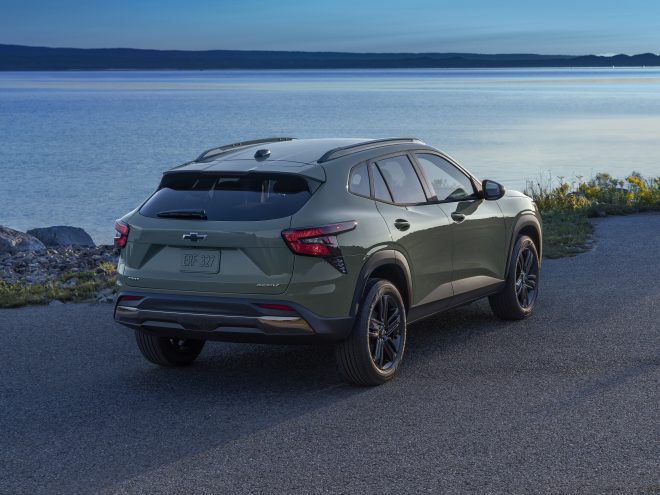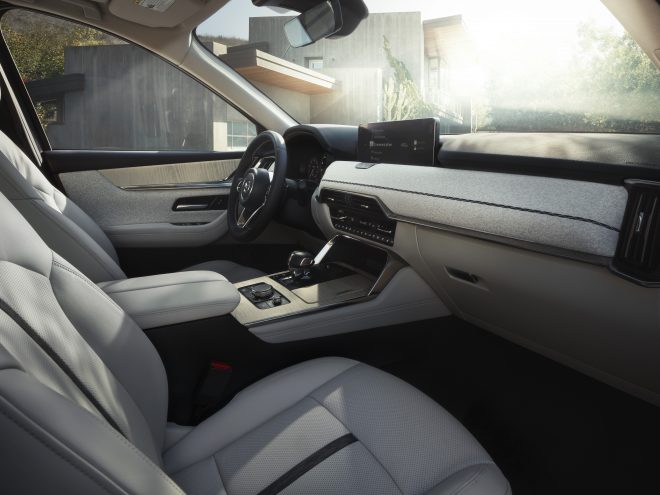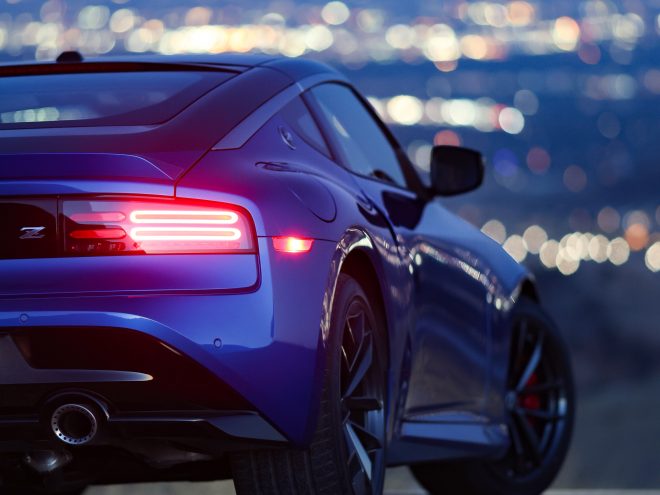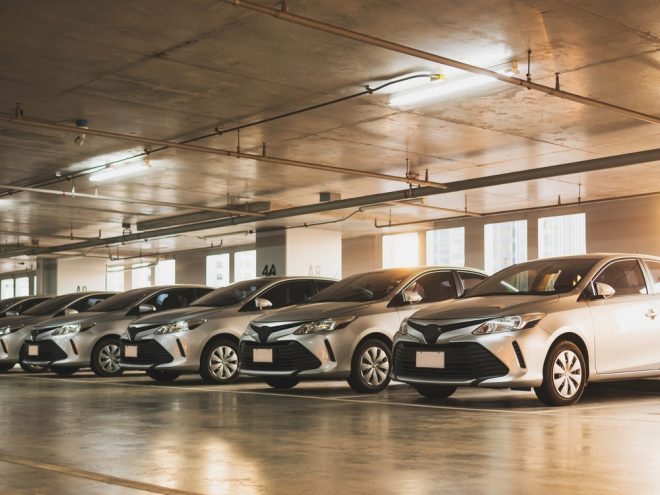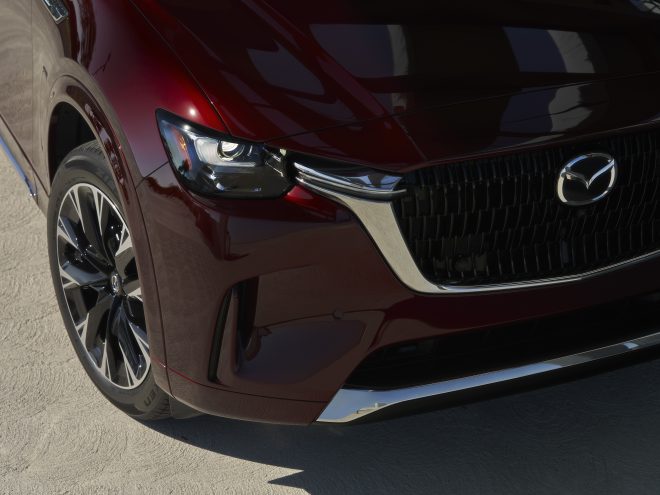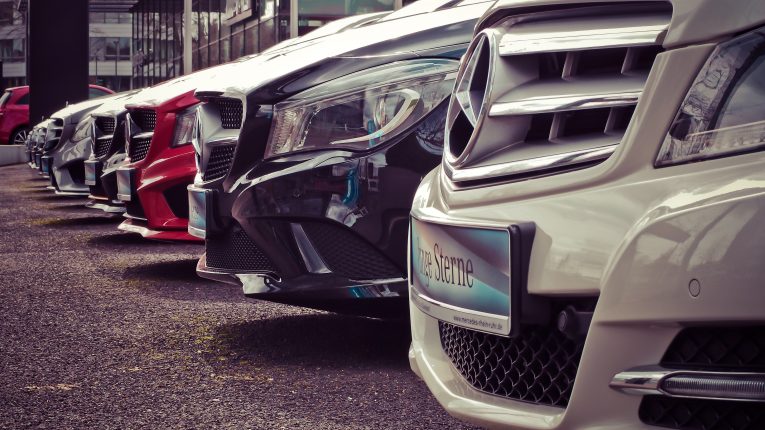
More Bang For Your Buck: How To Buy A Used Car
Buying a new car is a pretty big deal. You will want the best value for money possible. You’ll probably have in mind the type of car that you want. We spend so much of our lives behind the wheel of a car; you’ll no doubt want something that best suits your needs.
One thing to consider is if you should buy a new or used car.
Why Buy Used?
Used cars offer a great deal of value for car buyers. There are many reasons why motorists favor them.
New cars lose up to twenty percent of their value within the first year. With depreciation happening this rapidly, it makes sense to buy a used car. As cars get to a few years old, this depreciation becomes less rapid.
While the value of a car drops over time, these days cars are generally built to last. Improvements in design and manufacturing mean that a vehicle that’s been on the road for a few years will still run exceptionally well.
For many people, bangernomics is a way of getting bang for their buck. Bangernomics means buying the cheapest car available and running it for as long as possible. When the car needs repair, you only spend below the amount paid for the car. And repairs should only be done where it affects the legality and safety of the vehicle. If the cost of repairs is equal to or more than the price paid, then the car should be sold for spares.
Using this method, many people manage to own cars without the need to ever spend out excessive amounts on them. Throughout ownership, and deducting any resale for spares or repair, this type of vehicle will cost you next to nothing to own.
Used cars are particularly popular with first-time drivers. While crunching the gears as you develop your driving skills, a used car offers the less financial risk of damage. They’re also within the savings potential of a young person who might be entirely new to earning money.
Insurance costs are usually lower on a used car, based on the depreciated value and the fact that they are less desirable to potential thieves.
With so many new cars hitting the road each year, many people have concerns over the impact production on this level is having on the world. Many people prefer to buy used, as it is more sustainable.
Buying A Used Car
Shopping for a used car needn’t be too stressful, though. With planning and research into the types of things to look out for, there are ways to save yourself extra money.
You can either buy your car from a dealer or a private seller. There are advantages to both, but there are things to consider on each option.
Buying From A Used Car Dealer
When you buy from a used car dealer, you’ll be getting a car that has to sit beside lots of other cars. It needs to stand out as being good value, and appear to be well kept. As such, car dealers will service cars and iron out any minor repairs that may have needed doing in the house. They’ll clean the car to a high standard too.
Car dealerships work on targets and commission selling. It’s a huge market, and they have a lot of competition from all sides. There is the new car market, other dealerships, and a growing number of private sellers who are finding easier ways to market their vehicles.
There will be critical times for trade for most car dealers. The end of the financial year is essential for any business, as they’ll want as much cash in the bank as possible. Driving sales on the last couple of months of the tax year are significant.
Knowing when dealers pay out their bonuses is essential. Getting further into the commission and bonus cycle will mean that dealers will be more liable to offer generous discounts to secure the sale.
Ultimately, dealers will expect you to haggle. You should treat the advertised price on a used car as the guide price, and try and save some money if you can.
Do some research into the current values of the types of cars you are looking at. For instance, you can see the Rav4 here at Gloucester Toyota, if this is something you think may suit you well. If you want a five-year-old model, find out the top and bottom values for that car. Mileage and condition play a significant factor too, so scrutinize these points when you’re taking the car out for a test drive.
You might find that the dealer will start by offering to freebies. If these extra items are worthwhile and something you need, then listen to the offer. But don’t let what might seem like a generous offer be the only one on the table.
Holding your nerve is important when haggling. Car dealers are very adept at employing all kinds of tools to trick you into committing to buy early. If you’re not happy with what is on offer, step away. Tell them that you’re going to shop around. Then, see if the offer improves.
Once you’re happy with the offer, pay at least part of it on a credit card if possible. This will provide you more protection if you have problems with your purchase later on.
Generally, you will get a lot more protection when buying from a dealer. All dealers should follow the best practice as set out by the government.
Buying From A Private Seller
Whether it be eBay, Facebook Marketplace, or any of a growing number of online car listing sites, there are lots of places to look for a vehicle.
Quite often, cars being sold by private sellers can be cheaper than similar ones at a dealer. However, the quality may vary, so go in with your eyes open and look for defects. There may be issues with that the seller is unaware of or is not telling you.
Take someone with you when you visit the car, a friend, or a family member. Often you will be viewing the vehicle at a stranger’s home, potentially carrying large amounts of cash, so think about your security.
Arrange to take the vehicle for a test drive. Be very thorough when driving. Drive at a variety of speeds to see how well the engine responds. Listen out for any noises that don’t sound right. Be sure and test the breaks. Perform a few three-point turns in the car to check the steering has no problems. Look out for the car moving to one side when it drives.
Have a full visual check of the car too, check the lights all work, that the windscreen wipers aren’t damaged. Open and close all windows and doors, the boot, and the bonnet. Check the paintwork for signs of rust, or crash damage. And look at the tyres and exhaust for wear.
Ask questions, find out as much about the car as possible, it’s history. The type of use it’s had. Any major work that’s been done on it. What kind of service history it may have.
Don’t be afraid to haggle, especially if you believe the car is not worth the asking price. Use any defects or potential work that needs doing to the vehicle as a reason to drop the price. Be friendly, patient, and courteous though, as private sellers are not likely to be as used to haggling as dealers.
You May Also Wish To Consider
Wherever you choose to buy your car, there are some things that you should think about and find out about.
The mileage of a vehicle has a big impact on its value. The average mileage per year is usually around ten thousand miles. If it’s much less, then you’ll want to know why. Is this a genuine mileage, or has it been clocked? Ask to see the service history, as the garage usually takes odometer readings.
Have the vehicle history checked out online; this will tell you if the car has ever been written off before. It is possible to re-register some previously written off vehicles, but you need to know that the car is safe, and has had the work done by a professional. There is a potential of ‘cut and shut’ write-offs, where two vehicles are welded together. These are often very unsafe, and although the prices may be tempting, they’re not worth the risk. If you are buying a car that has been written off previously, get an independent organization to examine the vehicle for you.
The engine size of a car can save you quite a bit of money in several ways. The cost of a car with a smaller engine is usually much lower. They have better fuel efficiency, meaning they go further for less. Insurance prices tend to be low compared with larger cars. It is also worth checking if there are any government tax breaks for running a smaller vehicle. With a big focus on reducing carbon emissions, you might find that the tax on a car with a one liter engine, or smaller, is meager.

